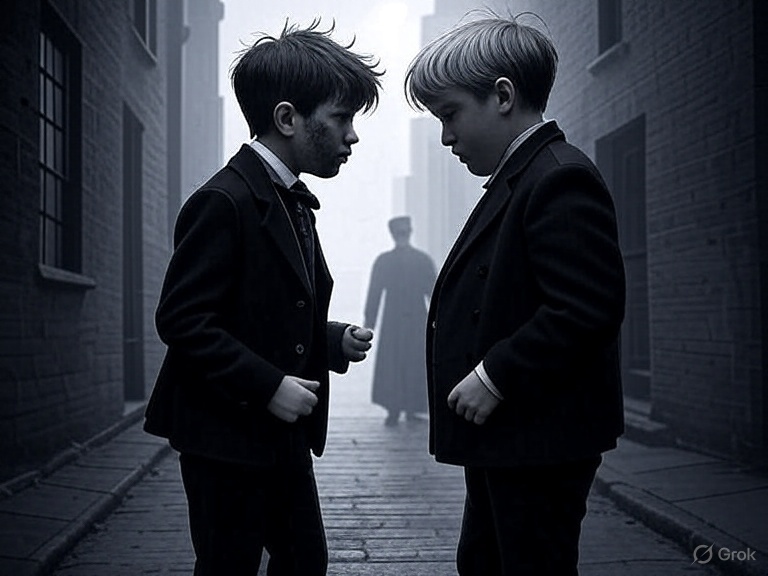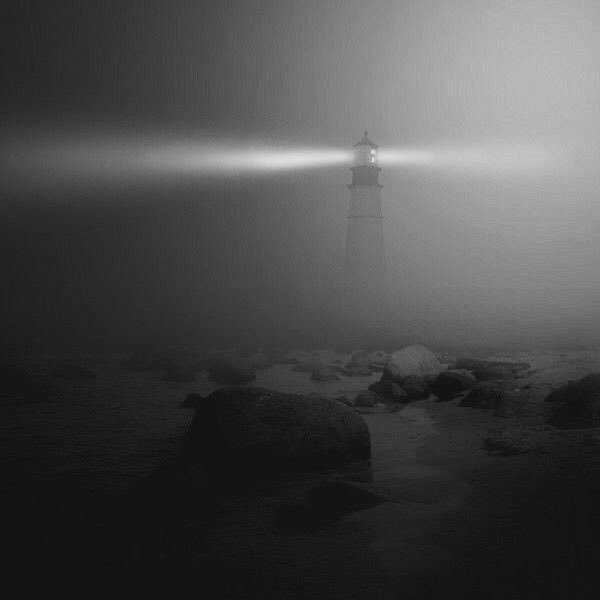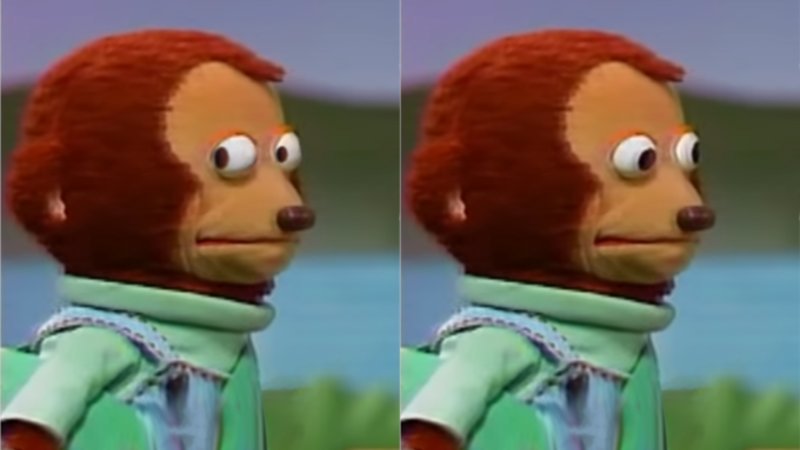Creation (Part I?): The Portrait of a Professor
We live in a culture of witchcraft. I don't know a better way to say it, yet I fear that you'll think I'm being hyperbolic. I'm not exaggerating. I'm not being metaphorical. We live in an age and a culture which, in its dalliance with the sophistry of Pilate, uses language not in the pursuit of truth but in a lecherous desire for power. Now I fear I am being metaphorical.
What do I mean? Witchcraft, as I see it, if there is any reality to it, is the practice of incantation, the belief that the right words, regardless of their meaning, the right sounds said in the right way at the right time and place can control and manipulate the world.
Now, I am a believer that words hold power, and even hold a creative power. Does not the Bible say that "God said . . . " was the beginning of creation?
To resolve this dissonance, I'd say that the difference is not in craft but in substance. This might be best brought out by a quick portrait of a professor I had when I was just out of high school and beginning community college.
His was a required class intended to teach public speaking. There was a sort of sad irony to him, for he was quite strikingly mediocre in the profession of professing. As a public speaker, he was interminably dull. Little matter. I've known professors who, while they were geniuses in their field, were nonetheless terrible at actually communicating their knowledge, and professors, less gifted, who were nonetheless better teachers than their betters. Maybe, if he had no talent, he at least had the tools to refine talent. This hope led to a worse disappointment, for the lowest grade one could get on any assignment was a B, and if you sewed together a few slides of a PowerPoint, you were guaranteed an A.
Everything with him was formula, there was no creative power in his words, and so I think it not unfair to characterize him as a witch. His witchcraft was very poor, but on a fundamental level, he was a witch teaching from a book of spells. Presentation was all in all to him (though he was a terrible presenter), and the matter was no matter to him. By analogy, if he were teaching us how to cook, his philosophy could not discern between a delicately prepared Pu Pu platter and a delicately prepared platter of, to put it delicately, poopoo. Indeed, listening to many of my fellow student's speeches, it was not just that he couldn't discern between good and bad; I doubt he could recognize the difference between something and nothing.
His plentiful lack of skill revealed him, but his enemies revealed him more so. He set himself in opposition to many famous public speakers whose talents so far eclipsed his own that listening to his criticism was like hearing a rotund man complaining about Joe Rogan's health choices. Furthermore, there was an obvious bias in all the people he denigrated: Rush Limbaugh, Glenn Beck, and any Christian preacher. He encouraged us to laugh and mock these speakers, and explicitly extended this mockery to all those deplorable conservatives who listened to their filth.
He never encouraged us to consider and argue. He would not argue with any of his ideological opponents; instead, he would ward them off with spells and incantations which were poorly executed and ineffective. The invariable pattern was first to say something along the lines of, "Let me show you how foolish so and so is," then he would play some clip or other of whoever he was warding off (or better still, if he had a predigested version so we would only be exposed to his opponents' views second hand by people who shared his bias), and then the whole affair would conclude with him laughing mechanically for whatever prescribed amount of time the formula called for.
That is my portrait of my old professor, and I think it indicative of that school and of the current decline of Western culture. There is much I have left out (as I look at my current wordcount, I wonder if I have put in too much), but the point I here make is that craft is a means, not an end. His craft was bad, transparent, but his philosophy would never help him to discover it. It was the insane philosophy of a circle, an ouroboros, that prescribed to no heaven above nor hell below and became unmoored from the real world.
As we work to hone the craft of writing and story-telling, I think we need always beware lest the craft confuse the goal, that we should be ever-ruthless towards our means so that we never neglect the reason and purpose for which we should be striving.
(I fear I have more to say, but I think I may drive you all insane if I try to make this any longer or more meandering. Already, though, I have written three more paragraphs touching upon the creation story, the magician's bargain, and G. K. Chesterton. They are all disconnected from each other and want further paragraphs to connect them. I'll either get them in shape and make you all suffer through a part II, or I'll scrap the whole thing and write something else.)
-
Formulas are helpful. However, it seems that they are also dead. How have formulas helped you and how have they hindered you?
-
I find myself drawn to a story when I hear that it is weird, that it doesn't conform or fit nicely into a category (A Voyage to Arcturus or The Monk) , but in the same way, I am also drawn to stories that are foundational (Lord of the Rings or Frankenstein). Besides having offspring, what's the difference? Frankenstein and The Monk are both Romances, but Frankenstein gave birth to Science Fiction and The Monk is nearly forgotten.
-
I've had good and bad teachers in my time. Feel free to share stories of teachers you've had.















